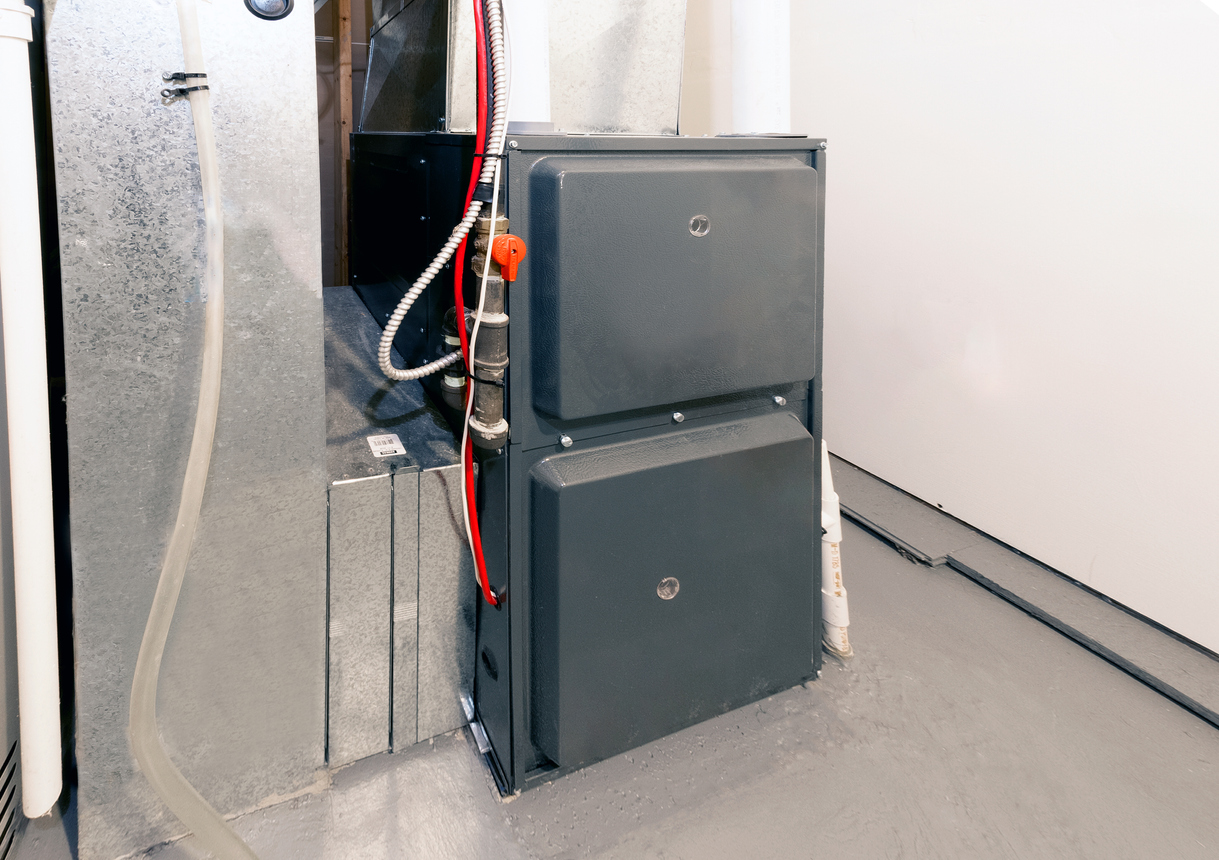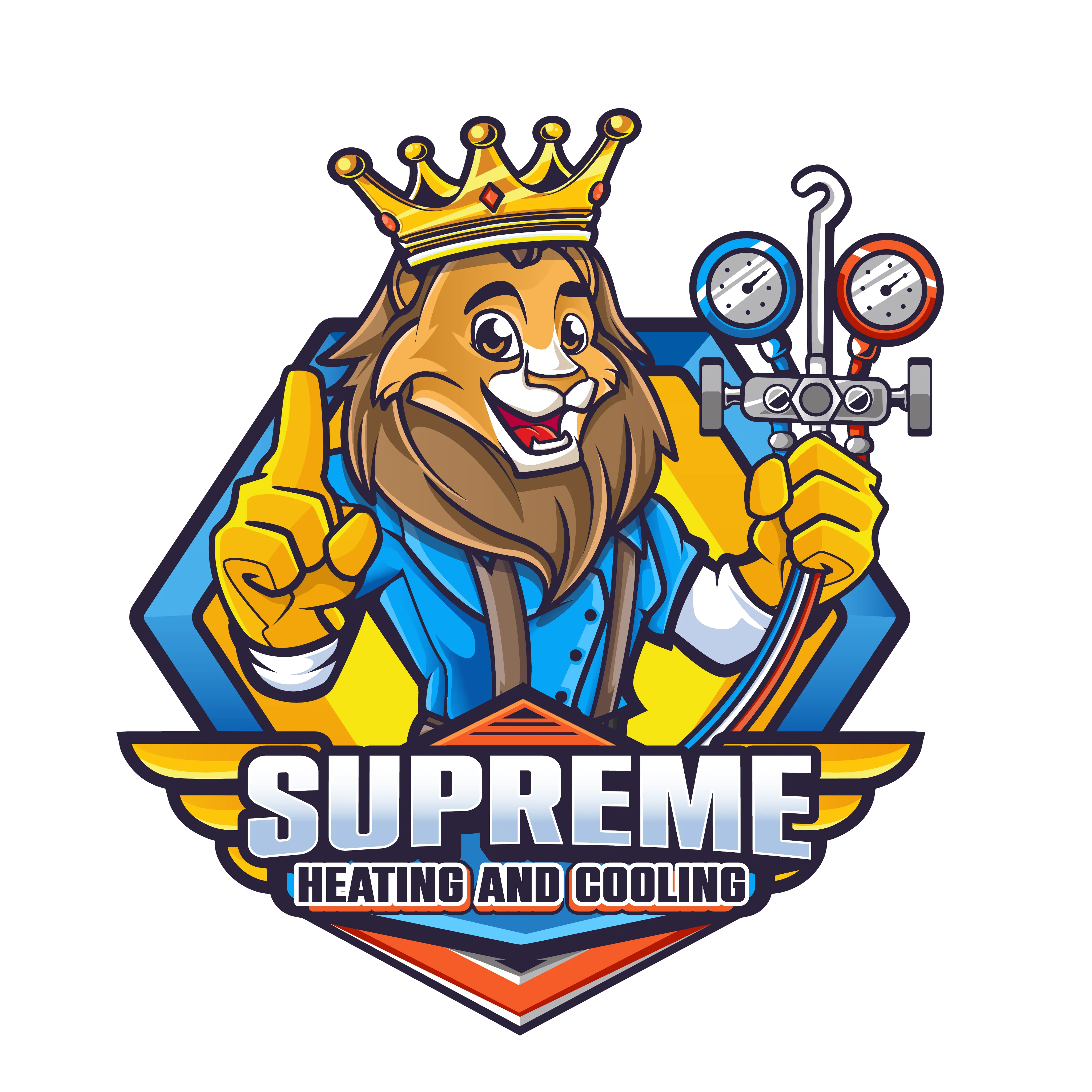
Achieving energy-efficient heating contributes to environmental sustainability and helps homeowners save on energy costs. In this guide, we explore effective heating repair tips designed to improve the performance and efficiency of your heating system. From routine maintenance to technological upgrades, discover how to keep your home warm without compromising energy efficiency.
- Regular System Maintenance:
Routine maintenance is the cornerstone of energy-efficient heating. Schedule annual inspections to check for dirty filters, worn-out components, or inefficient burners. Regular cleaning, lubrication, and component checks ensure that your heating system operates at peak efficiency, reducing the energy it consumes.
- Upgrade to a High-Efficiency Furnace:
If your heating system is outdated, consider upgrading to a high-efficiency furnace. Modern units are designed with advanced technology to maximize heat production while minimizing energy consumption. A high-efficiency furnace can significantly reduce heating bills and enhance system performance.
- Seal Air Leaks and Insulate:
A well-insulated and airtight home retains heat more effectively. Identify and seal air leaks in windows, doors, and walls. Additionally, ensure adequate insulation in attics, basements, and walls. This prevents heat loss, allowing your heating system to work more efficiently and maintain a comfortable temperature with less energy usage.
- Utilize a Programmable Thermostat:
Invest in a programmable thermostat to optimize your heating system’s operation. Program the thermostat to lower the temperature when you are away or asleep, reducing energy consumption during times of lower demand. Smart thermostats take this further, learning your preferences and adjusting settings for maximum efficiency.
- Zone Heating for Targeted Comfort:
Implementing zone heating allows you to heat specific areas of your home rather than the entire space. This is particularly useful for homes with varying heating needs in different rooms. Zone heating systems enable you to direct warmth where needed most, avoiding unnecessary heating in unoccupied areas.
- Ensure Proper Ventilation:
Adequate ventilation is crucial for the efficient operation of your heating system. Check vents and ducts for blockages, dust, or debris impeding airflow. Proper ventilation ensures that warm air circulates freely, preventing your system from overworking to maintain the desired temperature.
- Consider Radiant Heating Systems:
Radiant heating systems, such as underfloor or radiant panels, offer energy-efficient alternatives to traditional forced-air systems. These systems distribute heat evenly, providing consistent warmth without the need for excessive energy consumption. Consider these options when renovating or upgrading your heating system.
- Monitor and Adjust Water Heater Settings:
Adjusting water heater settings for homes with hydronic heating systems can contribute to energy efficiency. Lowering the temperature of the water circulating through the system reduces energy consumption without sacrificing comfort. Regularly monitor and adjust water heater settings based on your heating needs.
Achieving energy-efficient heating is a multifaceted approach that combines regular maintenance, technological upgrades, and strategic adjustments. By following these tips, homeowners can optimize the performance of their heating systems, reduce energy consumption, and enjoy a comfortable living space without compromising on sustainability.
Ready to enhance the energy efficiency of your heating system? Contact our experts at Supreme Heating & Cooling at (412) 245-8964 for personalized heating repair services and advice. Maximize comfort and savings with a well-maintained and optimized heating system tailored to your home’s needs.

.svg)

.webp)


.svg)
.webp)
.svg)
